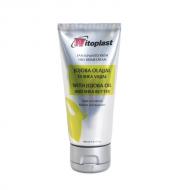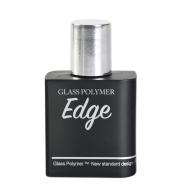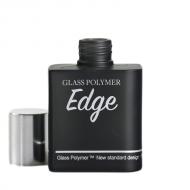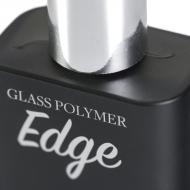Polyvinyl chloride
Polyvinyl chloride is a plastic that has thermoplastic features. It is characterized by high mechanical performance and resistance to many dissolvents.
PVC is used in many branches of industry, in medicine (syringes, catheters), in electrotechnics (wire insulation) or in the branch of packaging. Gramophone records, elements of appliances, floor finishes, decorative banding, foils, electro-insulations and other products are made of it.
PCW is divided according to the method of production into hard and plastified one, and with regard to technology – to suspensive and emulsion PCW.
Hard PCW is highly chemically resistant, it is easy to glue or weld and it is almost entirely incombustible (it burns only superficially and it quickly dies down, as it contains a large amount of chloride). It does not react to acids, bases, mineral alcohols and fuel, and in connection with benzene or aether, it swells.
All types of PCW are susceptible to foaming.
In Poland, the PCV abbreviation is commonly used, which is incorrect. Instead of it, in Poland the PCW abbreviation should be used, and in the world – PVC.











